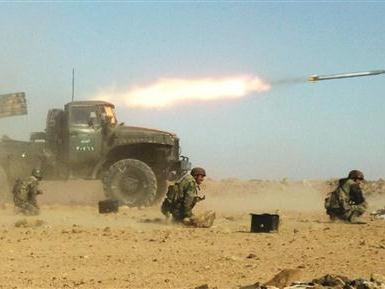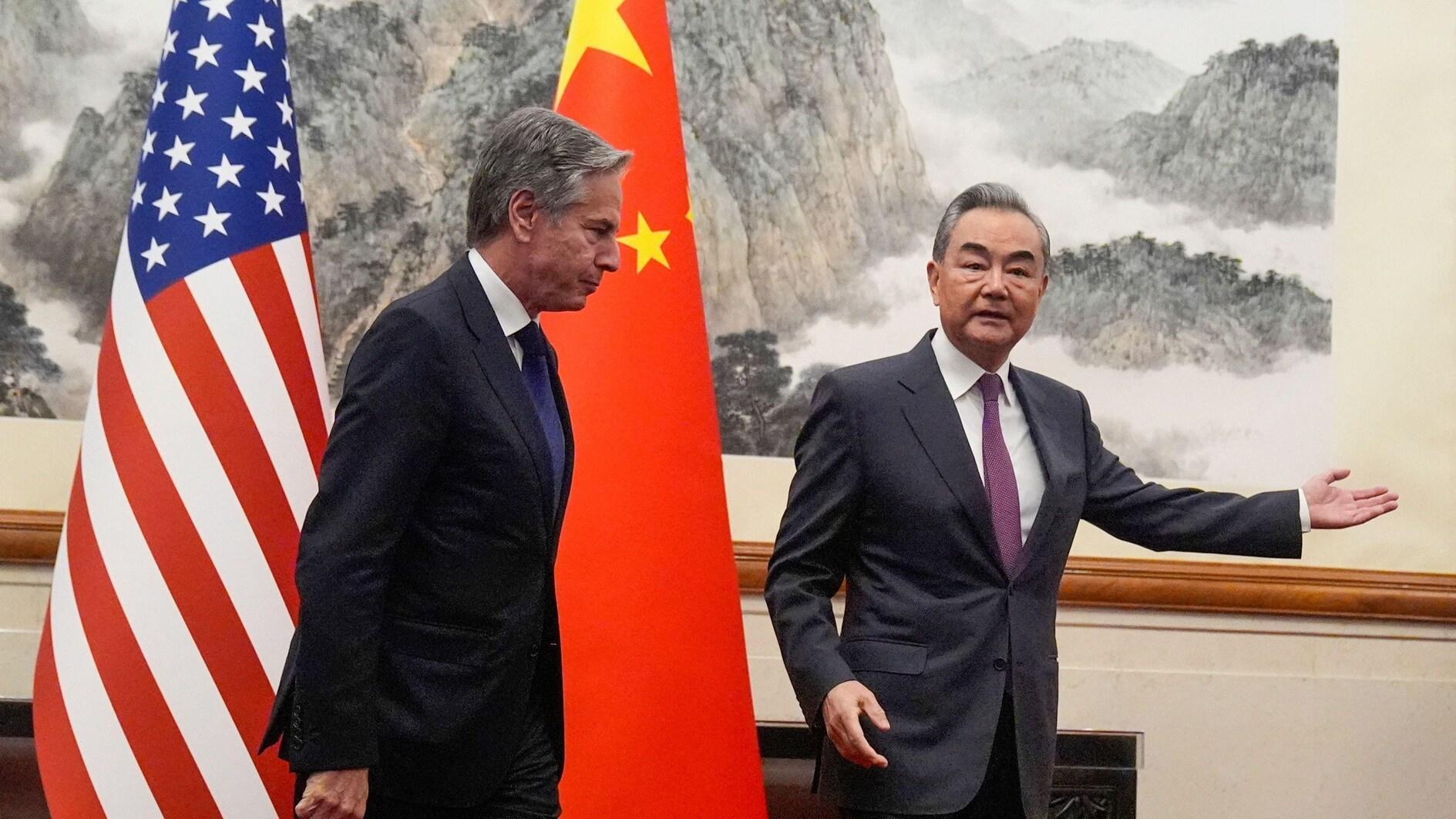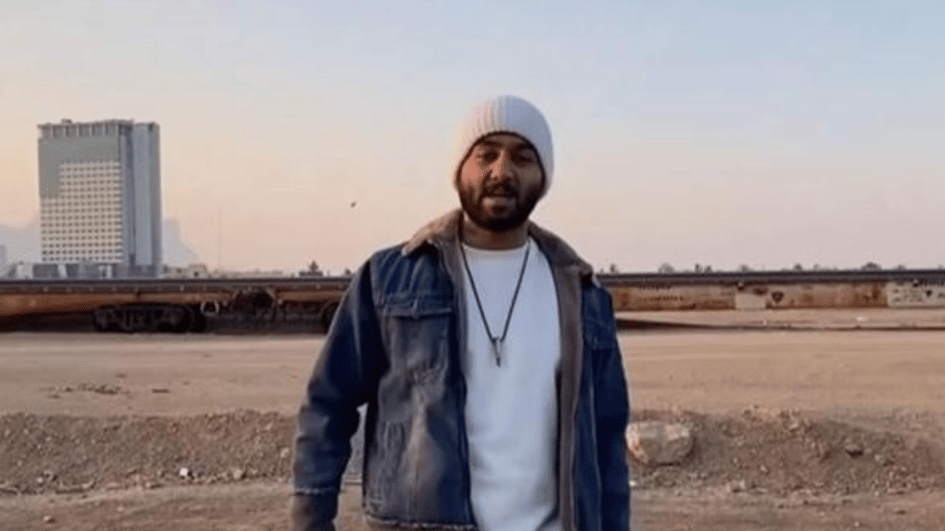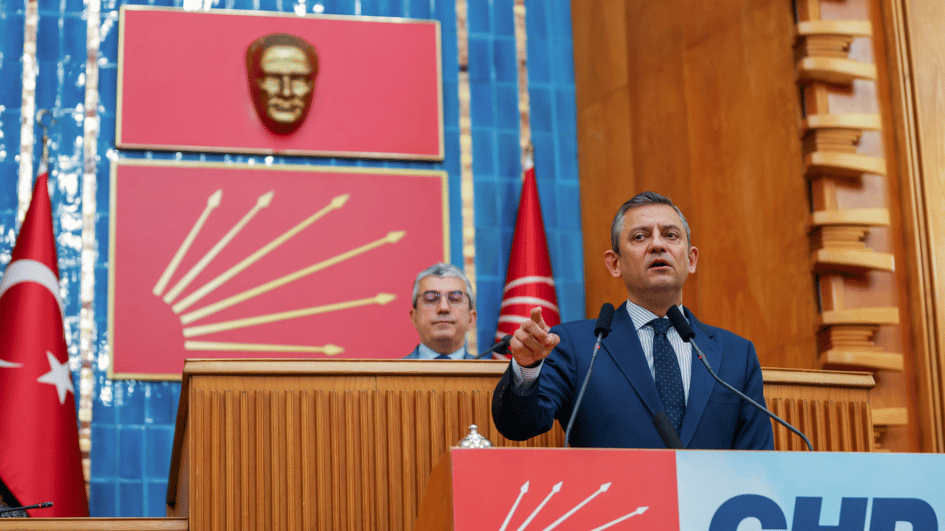US, Turkey talk post-Assad Syria
COLOGNE / REYHANLI

Syrian soldiers are holding a military exercise Dec 3 in this photo taken from Syria’s official SANA news agency.
The United States and Turkey are reviewing how to help Syria if pro-democracy protests drive President Bashar al-Assad from power, U.S. Vice President Joe Biden said Dec. 4, but the two allies have not discussed concrete “next steps.”Turkish Foreign Minister Ahmet Davutoğlu said Dec. 4 that Turkey could not be on the side of oppressors, referring to the Syrian regime’s crackdown on civilians.
“There was a sense in our discussions that it would be able to be handled without any conflagration going beyond Syria and that it could be localized to Syria,” Biden said, referring to his meeting with Turkish Prime Minister Recep Tayyip Erdoğan on Dec. 3.
Biden said the collapse of the al-Assad regime would not necessarily spark a wider regional sectarian conflict, which some see pitting the Sunni-dominated west of neighboring Iraq against Shi’ites in Syria and Iran.
Biden said the issue of a buffer zone had not come up in his two hour meeting with Erdoğan.
“[To] the extent we talked about any ‘what-next’ steps, there were generic discussions about having to go in and provide some help and possibly economic assistance and stability, not militarily, but helping the Syrians,” Biden said. “We’re in this to see al-Assad come down and then determine what would be the most helpful thing for the international community to do to establish stability in that country,” Biden told reporters travelling with him to Athens from Istanbul.
Washington and Ankara have both called for al-Assad to go, but both worry it could deepen instability in a region already rocked by the Arab Spring and as U.S. troops leave Iraq by the end of the month.
Turkey has joined the Arab League in slapping tough sanctions on Syria, once a close friend, in response to al-Assad’s bloody crackdown on protests and has talked openly about the need to be ready for any scenario, including setting up a buffer zone to contain any mass influx of refugees.
Meanwhile, Davutoğlu said Dec. 4 during his visit to Cologne, Germany that Turkey had a policy of zero problems with its neighbors, but the country could not be on the side of oppressors regarding the current situation with Syria. Turkey had earlier extended great support to Syria, he said.
Davutoğlu later said the Syrian administration started to fight against its people, and Turkish officials held talks with the Syrian administration to tell them that Syria must end bloodshed against its own people. But they did not listen, he said.
“We asked them not to shoot people with real bullets in the holy month. We called on them not to break down mosques,” he said. “Some say that Turkey supports Sunnis [in Syria]. This is not true. We did this without discriminating [between sects].”
Meanwhile, Turkish truck drivers who claimed they were not allowed to enter Syria for five days held a protest carrying Turkish and Syrian flags. They said the Syrian administration did not allow them to enter Syria, claiming they were updating computer systems.
Davutoğlu said he learned Turkish trucks were stopped by the Syrian officials and he was working to solve this problem. “Around 700 trucks are waiting at the Babel Hawa Border Gate. The delays at the border have caused material losses,” said Hamit Sanverdi, a member of the Executive Board of the International Transporters Association.
Compiled from AA, Reuters and DHA stories by the Daily News staff.
Syria’s sanctions on Turkey
DAMASCUS
* Ending the partnership agreement on establishing a free trade zone between Syria and Turkey including all its provisions, decisions and instructions issued according to that agreement or those which are related to it, Syrian Arab news agency (SANA) reported Dec. 4.
* Implementing the provisions of foreign trade on Turkish goods and taking customs duties imposed on these goods according to the tariff in force.
* Imposing a tariff estimated at 30 percent of the value of all Turkish goods imported to Syria that would be allocated for supporting the construction of the developing villages.
* Charging 80 Syrian pounds for each liter of fuel from Turkish cars that leave Syria heading for Turkey. The fee represents the difference in the average of fuel price between Syria and Turkey, and this will be done according to the allocated amounts (refrigerated vehicles - 600 liters; trucks - 550 liters; buses - 400 liters; minibuses - 200 liters; cars - 50 liters).
* Implementing a transit fee on loaded or empty Turkish trucks according to the equation: weight of the car (standing or empty) in tons × distance in km × 2 percent, and this will be taken in euros.
















